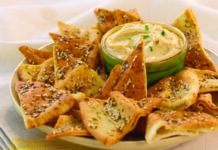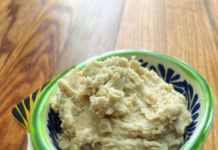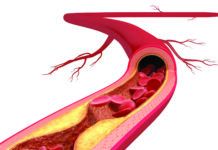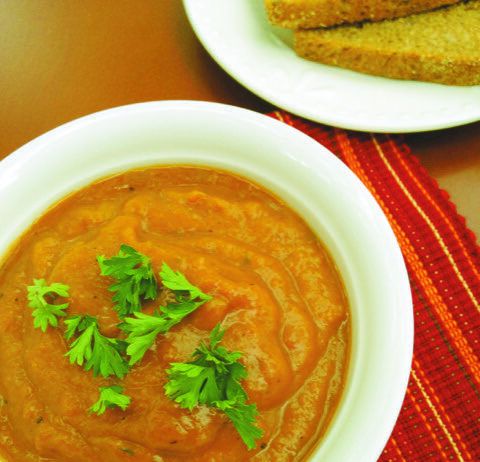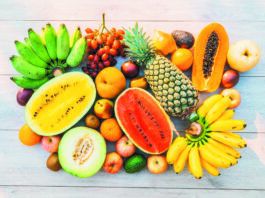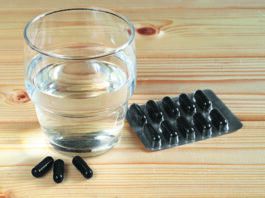Best Evidence Yet for Heart-Health Benefits of Nuts
A healthy handful of nuts may help protect you against heart disease by improving cholesterol levels, according to a new study. Lead researcher Joan Sabat, MD, DrPH, of Loma Linda University said the findings, which pooled results from 25 controlled trials in seven countries, provided the best evidence yet that eating nuts reduces LDL cholesterol and improves levels of fats in the blood.
Bacon, But Not Steak, Indicted in Heart Disease & Diabetes
A recent systematic review and metaanalysis of 20 prior studies totaling about 1.2 million people has good news and bad news for meat lovers. The good news is that eating unprocessed red meat such as beef, pork or lamb was not associated with an increased risk of heart disease or diabetes. The bad news is that the same cant be said of processed meats like bacon, sausage, salami, luncheon meat or hot dogs: Eating just 50 grams (1.8 ounces, about one hot dog or two slices of salami) of processed meat daily was associated with a 42% greater risk of heart disease and 19% increased risk of diabetes.
Does Depression Lead to Eating Chocolate, or Vice Versa?
Chocolate, which has been getting a lot of good press lately, took a hit recently in its long-standing reputa-tion for improving your mood. Its not clear if chocolate combats depression, according to a new study in Archives of Internal Medicine, or if the sweet treat actually contributes to the problem.
Whole Grains May Help Control Blood Pressure
Men hoping to ward off high blood pressure might want to boost their consumption of whole grains. A new analysis of data from the long-running Health Professionals Follow-up Study finds that men who ate the most whole grains were 19% less likely to develop hypertension than those eating the least.
Nutrition in the News: Time for a Reality Check
Next to sex and celebrities, health and nutrition may be the favorite topic of todays mass media-from TV to magazines and newspapers to the Internet. But the popularity of eat this, dont eat that advice doesnt mean the information youre getting is always accurate. In thousands of pages and programming hours, its easy to let a story run away from the science.
Added Sugars Not So Sweet for Cholesterol Levels
You know that sugar can pad your waistline and cause cavities, but does too much sugar in your diet also contribute to unhealthy cholesterol levels? Thats the conclusion of the first study of its kind to look at the link be-tween consumption of sugar added to processed foods and measures of blood cholesterol known to raise the risk of heart disease.
Combinations of Food May Affect Alzheimers Risk
While scientists arent exactly ready to anoint an anti-Alzheim-ers diet, they are edging closer to an understanding of the complex inter-actions of nutrients that might help ward off Alzheimers disease. A newly published study of 2,148 senior New Yorkers has identified a dietary pattern that seems to represent an optimal combination of nutri-ents that may protect against Alzheimers, while minimizing elements associated with greater risk.
Exercise Works to Protect Bones; Black Cohosh Doesnt
Postmenopausal women can protect their bones by exercising, but adding black cohosh-an herbal supplement thought to have estrogen-like effects-to exercise confers no extra protection. Thats the conclusion of a year-long clinical trial involving 128 women who recently went through menopause.
Coffee Lovers Perk Up Over More Good News
Science suddenly seems to have a java jones. Four new studies focus on Americas favorite morning brew, adding to the overflowing cup of research linking coffee consumption to health benefits.
Whole-Grains Boosters Are Keen on Quinoa
When it comes to whole grains, were only about 5,000 years behind the Incas. Those ancient people of the Andes were the first to cultivate quinoa (KEEN-wah), which they called chisaya mama, the mother of all grains. Today, quinoa has been designated a super crop by the United Nations for its potential to feed the worlds hungry and studied by NASA as an ideal food for long-duration space flights. In a 2010 Whats Hot survey of American chefs, the National Restaurant Association named quinoa as the hottest trend in side dishes.

